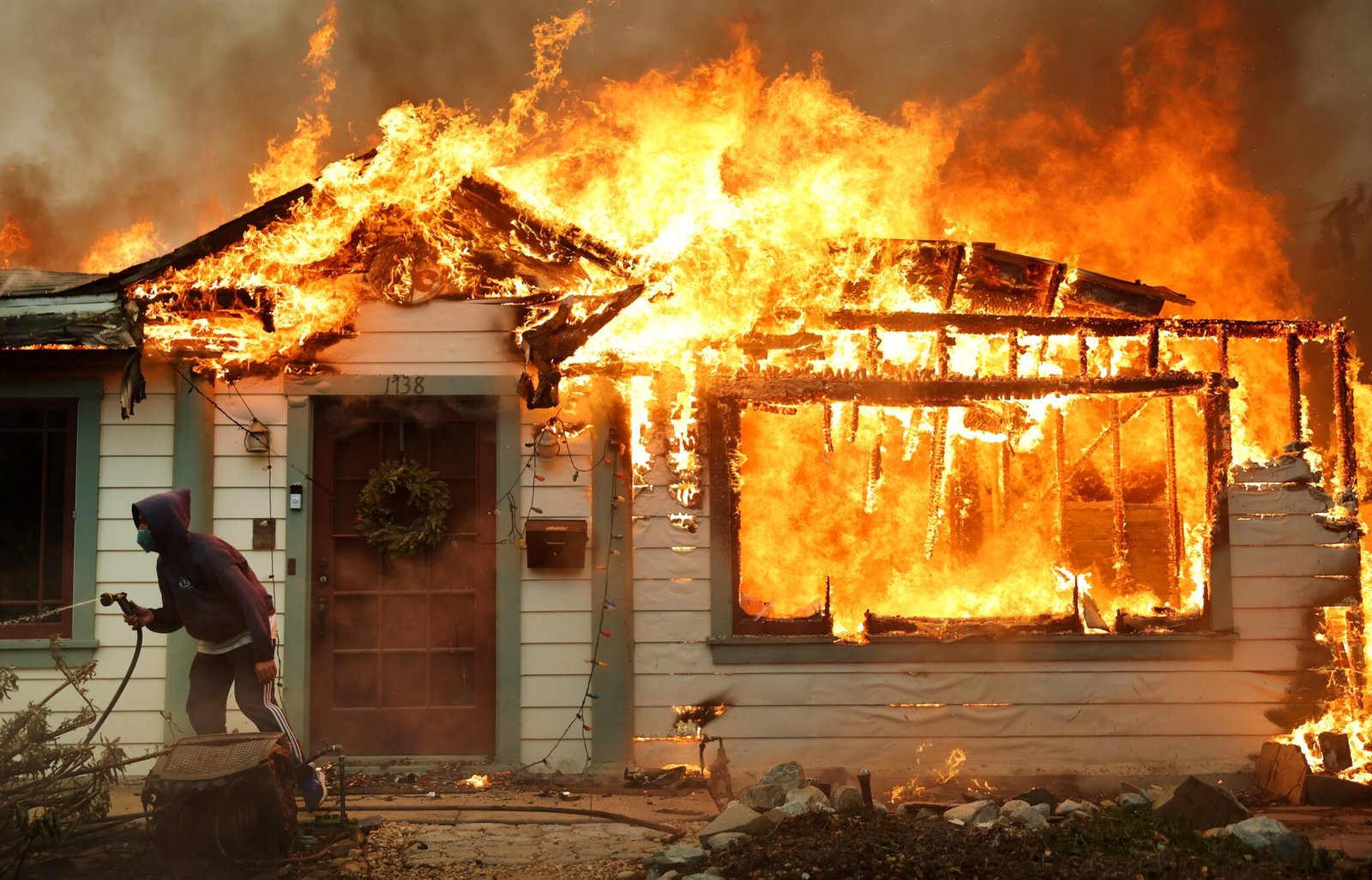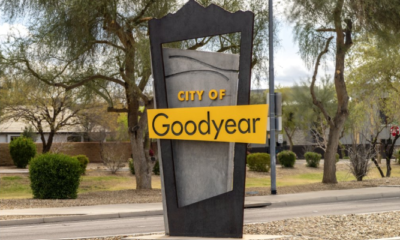Business
U.S. House Speaker Redefines Disaster Aid with Bold New Conditions, Shaking Up Tradition

WASHINGTON — U.S. House Speaker Mike Johnson announced on Tuesday that Congress is likely to approve billions in disaster aid to assist California in recovering from recent devastating wildfires. However, he suggested that this funding might come with conditions tied to the state’s governance and its political leadership.
“No one wants to leave any American who is in need hanging,” stated Johnson, a Republican from Louisiana. He emphasized the need to balance federal disaster aid with the nation’s soaring $36 trillion debt. “It’s about priorities,” he added, signaling a fresh approach to disaster funding.
Traditionally, federal disaster assistance has been provided without explicit conditions since natural disasters often affect regions across the political spectrum. Johnson expressed dismay over the wildfires in Los Angeles and acknowledged that Louisiana has previously received aid without stipulations, yet he indicated that this practice may need reexamination.
“The Americans affected desperately need help, but there are concerns about California’s governance,” he remarked. He pointed to issues raised by Republican critiques of Governor Gavin Newsom and Los Angeles Mayor Karen Bass regarding water management and forest policies. Some of these criticisms have been challenged by fact-checking from reputable organizations like the Los Angeles Times and CalMatters.
Introducing conditions on federal aid could set a significant precedent. Democrats might leverage this to impose their own requirements on future disaster aid for Republican-led states, tying funding to mandates on climate policy or infrastructure standards.
Johnson indicated that Congress would take cues from the Trump administration on the forthcoming disaster aid package, laying the groundwork for potential shifts in how disaster recovery is funded in the long term. “We need to ensure safeguards on the precious treasure of the American people,” he stated, stressing the importance of accountability in disaster funding.
To pass a disaster aid bill, Republicans will need Democratic support unless they manage to bundle it within a larger reconciliation package—a scenario considered unlikely. This presents an opportunity for Democratic leaders to counter Johnson’s proposed conditions and negotiate for other concessions.
Despite Republican control in both chambers of Congress, the slim majorities make it challenging to push through substantial spending bills. The Senate’s filibuster rules further complicate matters, requiring at least 60 votes for passage, a higher tally than the 53 Republican senators available.
Johnson also noted that the Trump administration will require time to evaluate the wildfire damage before presenting a supplemental spending request to Congress. Once submitted, the House will begin formulating the corresponding bill.
In December, Congress passed a $100 billion emergency disaster aid package aimed at enhancing federal support for recovery efforts across the nation. This package stemmed from a request by the Biden administration for substantial emergency funding, which addressed various disasters, including the ongoing wildfires in Maui, tornadoes in the Midwest, and severe storms across many states.
According to Johnson, this prior package ensures that agencies like FEMA and the Small Business Administration are adequately equipped to assist Southern California and other regions affected by disasters.
Last updated 10:33 a.m., Jan. 14, 2025


















